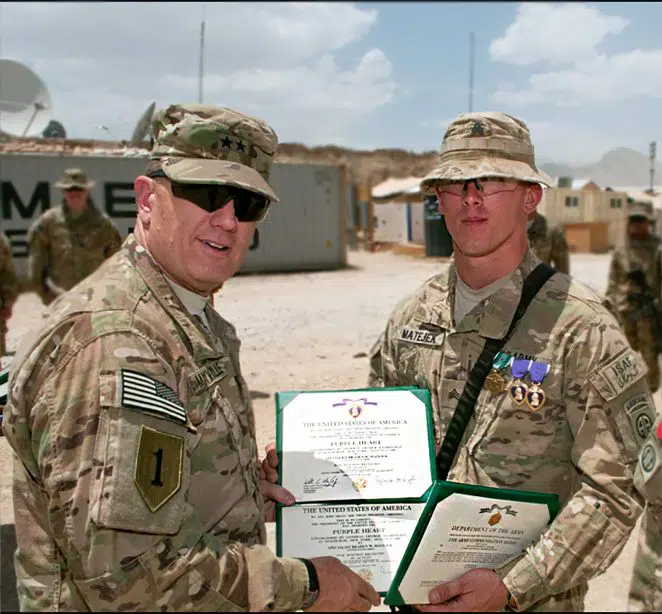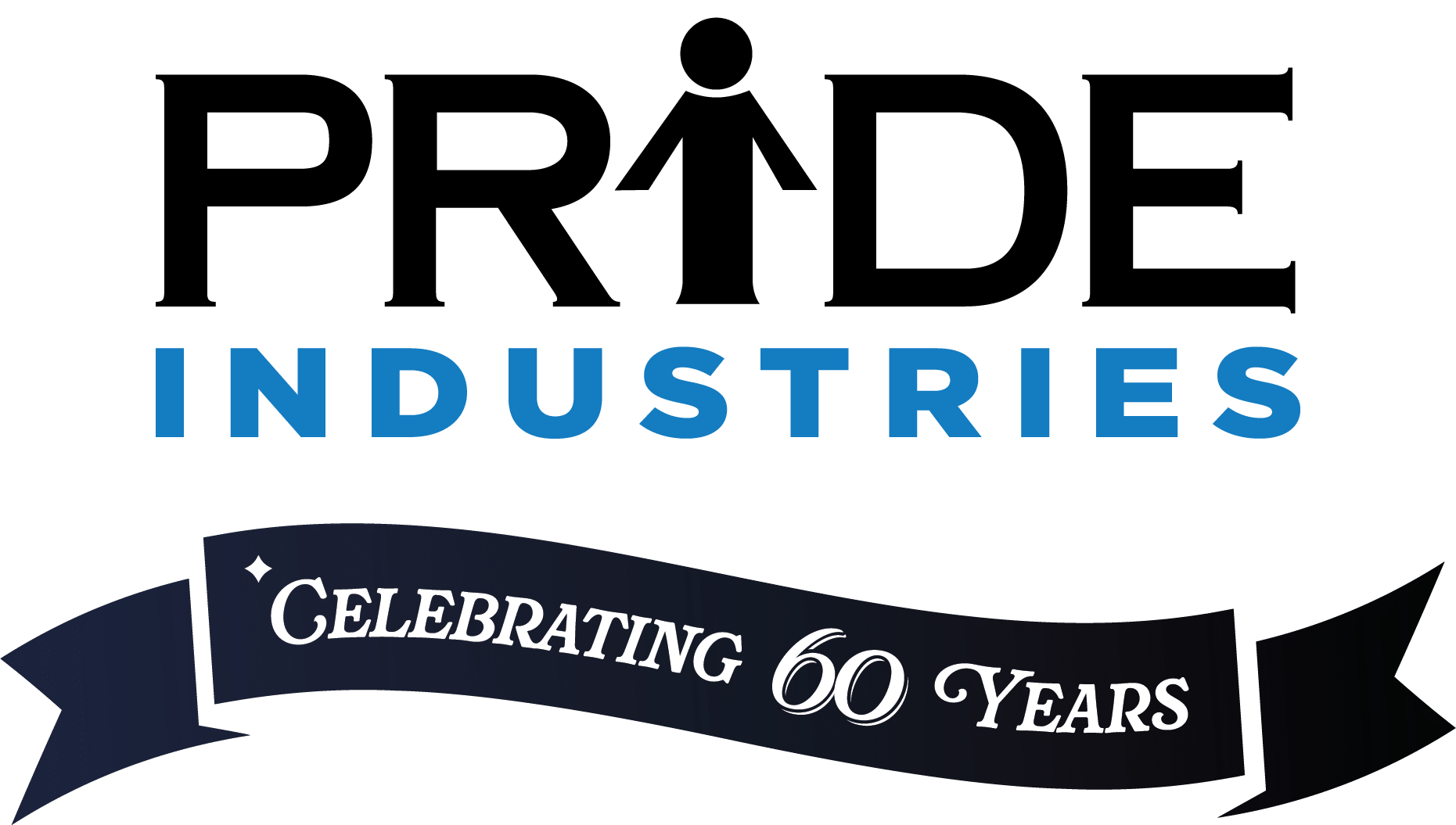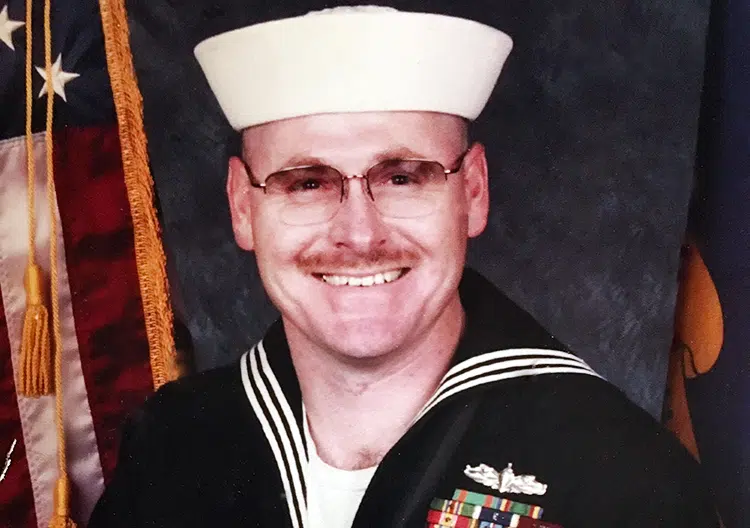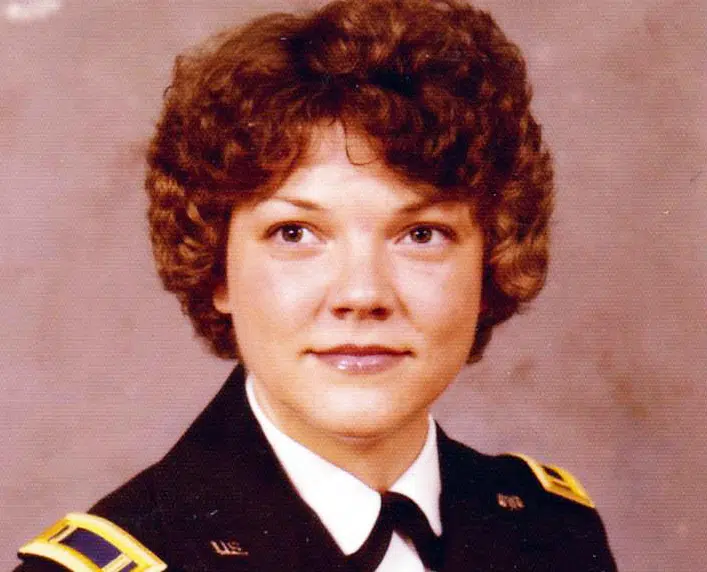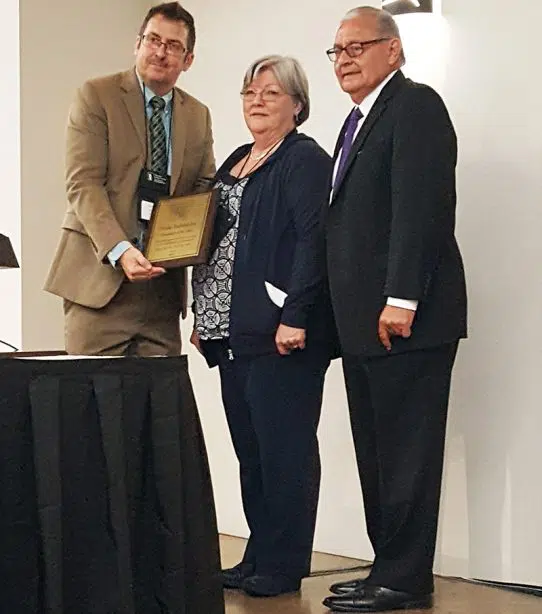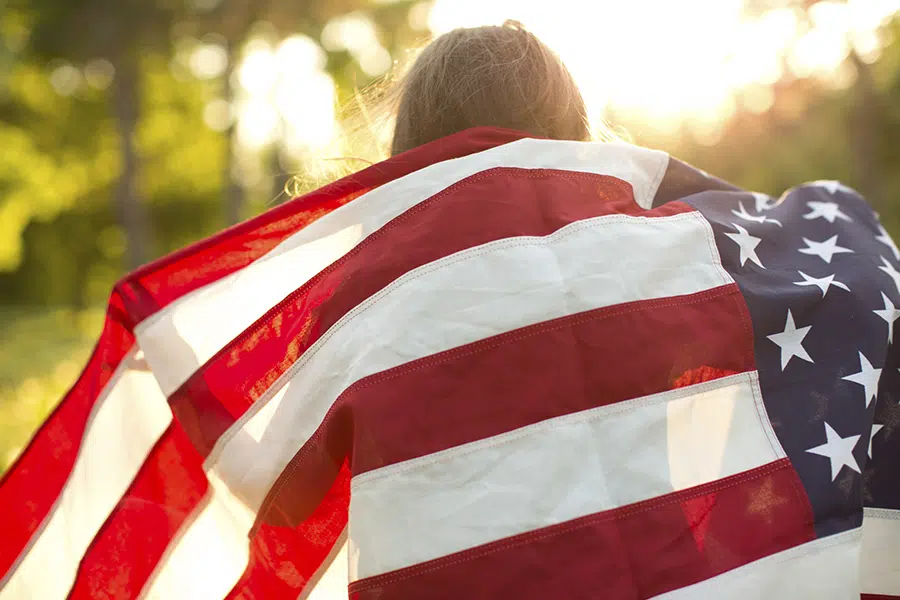Braden Matejek works as a Production Control Clerk at PRIDE Industries’ Marine Corps Base Hawaii (MCBH) contract. Located near Honolulu, HI, the MCBH hosts 9,517 people including Marine Corps members, sailors, military family members and civilian employees. In his job, Braden acts as a liaison between the Marines Corps and the PRIDE facilities team to make sure the overall condition of the buildings is in top shape – helping keep the barracks home-like for our country’s troops and their families.
Before joining PRIDE Industries, Braden served in the U.S. Army for 7 years, where he learned the leadership skills that have helped him succeed in his career today:
“I enrolled as a PV2 in the Dog Company, 1/503 BN, 173rd Airborne Brigade. Following completion of Basic and Advanced Infantry school, as well as the Airborne school in Ft. Benning, GA, I was sent to Vicenza, Italy. I was stationed there for three short months in 2010 before we were deployed to serve in support of Operation Enduring Freedom in Afghanistan.”
“Serving in Afghanistan was a humbling experience; our mission was to fight against the Taliban insurgent forces. I experienced major culture shock while living in this hostile environment, but also gained a sense of gratitude for so many things that I had took for granted. During intense situations, I learned patience, and developed a tenacity for overcoming obstacles and challenging events. I became aware that I am capable of accomplishing anything and grew into that “never quit” mentality.”
“During my second deployment to Afghanistan in 2012, I earned a promotion to Sergeant (E5), which came with the responsibility of leading a squad of young men during an incredibly rough period. Through our time together, I watched them grow and develop throughout harsh conditions and ferocious firefights. When my team and I exited off the C17 aircraft in Ft. Bragg, NC, where our families were waiting to welcome us back with open arms, I felt incredibly proud that I had helped lead them back safely to home soil.”
“I unfortunately acquired a service-connected disability during this second tour in Afghanistan due to multiple IED strikes on my vehicle and was awarded two Purple Hearts. The hardest part of having a newly acquired disability was learning to accept myself as the same person, just with different traits.”
“After reaching my last post in Hawaii in 2016, I decided it was time to pursue other avenues in life. I finished my tenure as an E5/Sergeant and was medically discharged from service. Transition to civilian life was difficult; the first few weeks were like the honeymoon phase of being married; then real life soon sets in. I missed the brotherhood of the Infantry and loyalty of those men and women that I served with.”
“Establishing a support system of friends and family, as well as finding a passion, is vital to any veteran’s success after military life. I started spending more time at the ocean, took up free-diving and surrounded myself with a great people of a common mind. My other piece of advice for transitioning to civilian life is to take things slow, remain flexible and resilient, and follow your plan to success. Remember your military training and become comfortable knowing that you hold the correct skill set to carry you forward. Much of my own self-reliance and perseverance was used to get me to where I am today.”
“Another challenging aspect of transitioning to civilian life was searching for a new career; I searched for positions through USA Jobs, but received no offers. I eventually googled “work for disabled veterans,” and PRIDE Industries came up. I was soon connected with the incredible Job Developer/AbilityOne Recruiter Sean Sullivan and was hired in 2016.”
“I love the opportunity to continue interacting with our young men and women in uniform and enjoy the chance to share my military expertise while managing the barracks on base. My experience with PRIDE has been excellent, and I am trusted to do my job correctly. The accommodations for employees with disabilities are wonderful, and everyone is given the opportunity to succeed in employment.”
“Working for PRIDE Industries has made my life in Hawaii more purposeful and has given me the ability to enjoy moments with my family more than any other company would.”
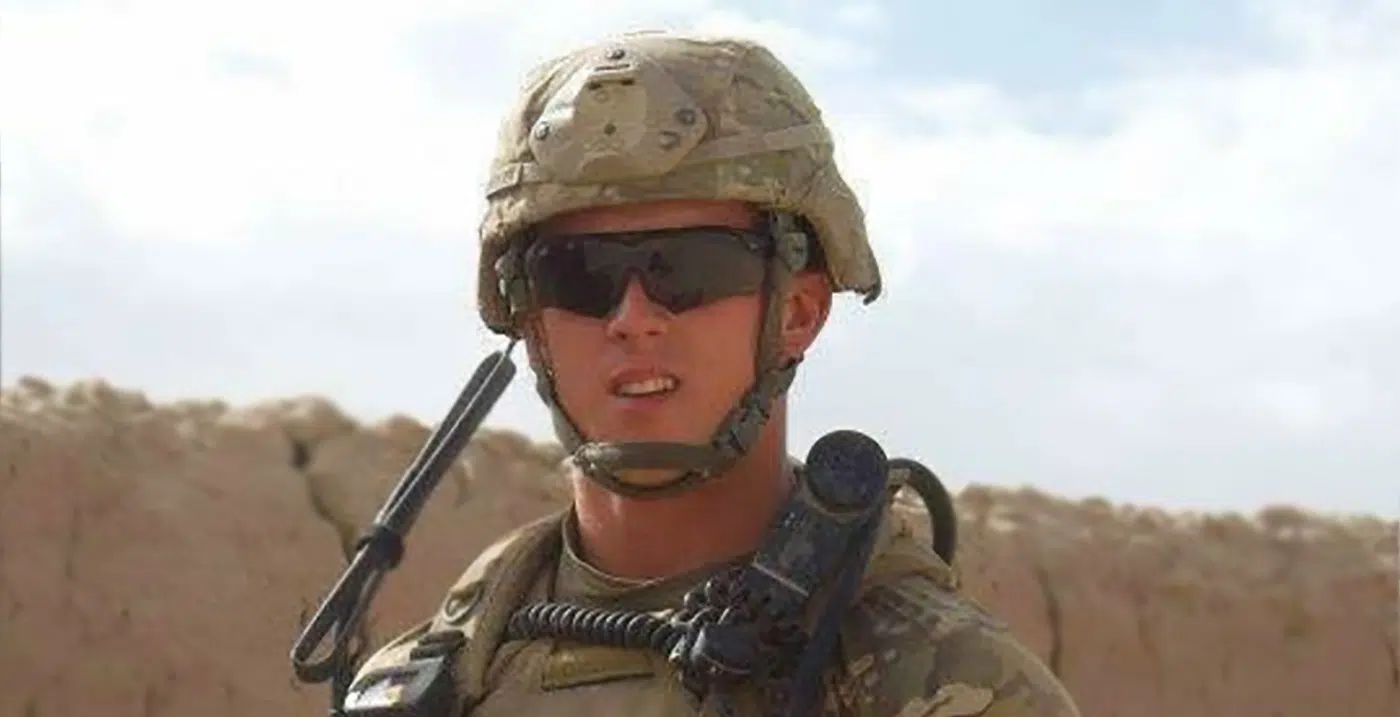
“I joined the military in 2009 after graduating high school in South Dakota to help those around the world whose voices go unnoticed.”
